
Dr. Shambhu Prasad Acharya registered candidacy for WHO regional director on behalf of Nepal
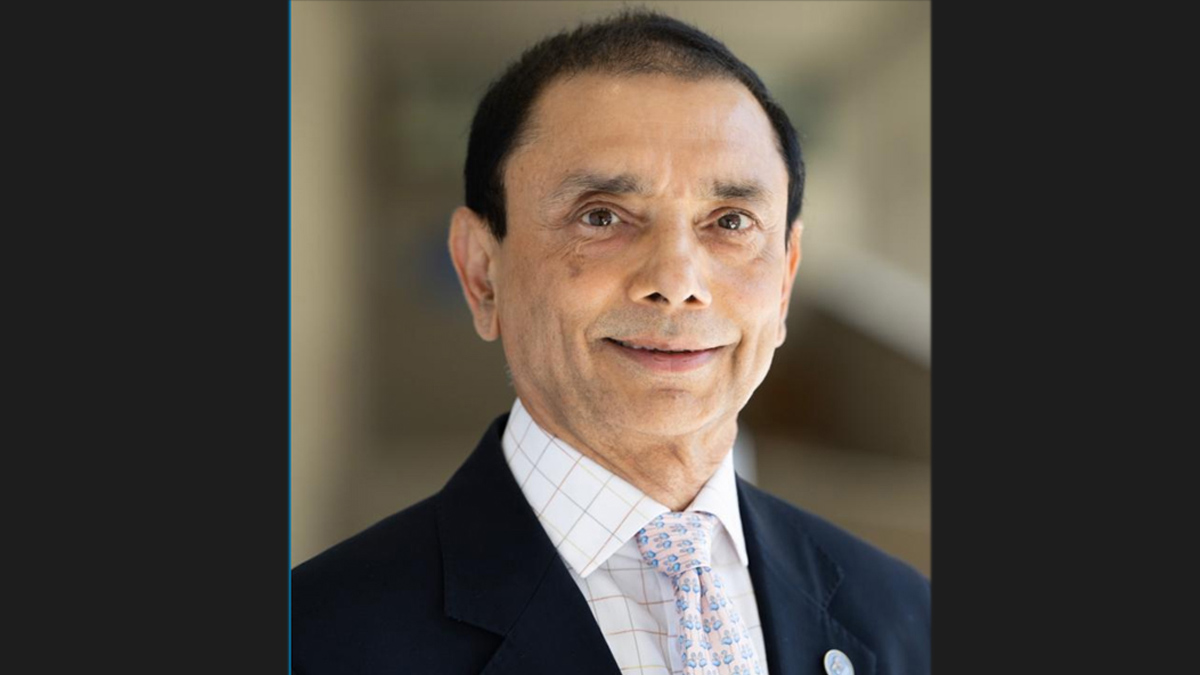
Dr. Shambhu Prasad Acharya has, on behalf of Nepal, registered his candidacy for the regional director of the World Health Organization (WHO) South East Asia Region (SEAR).
The Ministry of Foreign Affairs on July 23 wrote to the United Nations, informing the latter about Acharya’s candidacy for the post of WHO regional director.
There are 11 nations in the South East Asia and Bangladesh has filed its candidacy for the post along with Nepal. With the registration of Acharya’s candidacy, the Foreign Ministry has already dispatched a letter to the Nepali Embassy in New Delhi, Dhaka, Colombo, and Bangkok, asking them for garnering support in favor of Acharya.
As per WHO, the South East Asia block consists of Nepal, Bangladesh, Bhutan, North Korea, India, Indonesia, the Maldives, Myanmar, Sri Lanka, Thailand, and Timor-Leste (East Timor).
Acharya has been with the UN for the past 30 years. He has already contributed to regarding the UN health policies, programs, and budget. He has the experience of working long in the UN.
Talking to RSS today, he said, “I dream of a Region where health is the center in all sectors and all policies.” He said he envisioned a WHO South-East Asia Regional Office that is fit for the future to support countries to achieve their national health objectives built around the WHO triple billion goals and the Sustainable Development Goals.
“My leadership will promote and guide a reorientation of Universal Health Coverage across the Region that is primary health care- focused, rights-based, gender-responsive, people-centered, locally tailored and quality- and equity-driven,” he said.
“My mission for everyone, everywhere: Health promotion, provision and protection, and powering innovation and performance,” he added.
According to him he has identified majorly five areas of priority for working if he gets elected on the post. Such priorities are: 1) Promoting Health and Well-Being Approaches that Impact Population Health; 2. Accelerating Universal Health Coverage with Strong, Inclusive Primary Health Care to Achieve Health-Related Sustainable Development Goals; 3.
Preparing for and Protecting from Future Pandemics and Emergencies; 4. Innovating and Digitizing to Accelerate Health Equity and Solidarity and 5. Champion “One WHO” to Enhance Country Support Across Three Levels.
He claimed that his long experience with the WHO and successful fulfillment of various roles and responsibilities made him a qualified candidate for the post.
The position of the WHO regional coordinator entails significant responsibilities, and he firmly believes that he is fully capable of delivering exceptional results in this capacity. Furthermore, he has well-defined plans and a clear vision for the role, further solidifying his confidence in his abilities to excel in this position.
As he said, the South East Asian nations face budgetary and human resources constraints in their pursuit of advancing towards the Sustainable Development Goals (SDGs). He underlined the need of addressing this gap.
To achieve SDG goal 3 (good health and well-being) by the year 2030, eighteen million health workforce of all categories are required worldwide.
“Covid-19 pandemic has already reflected the status of our health system, suggesting the prime and prompt need to strengthen it,” he said.
Underlining the need of containing and eliminating infectious diseases from the South East Asia block. The infection of non-communicable diseases is another health concern in the region, according to Dr Acharya who stressed the need of increasing public awareness to enhance containment and treatment approaches to address the situation.
“It is needed to ensure that disadvantage communities have access to free health care services,” he said.
Implementation of the ‘one health approach’ connecting livestock health, foodstuff, environment, and health is necessary to strengthen the health service system.
The WHO has scheduled the nomination of one candidate for SEAR from October 30- November 2 and the appointment of a regional director from January 16-19. The term of the regional director begins on February 1, 2024.


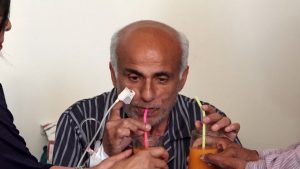
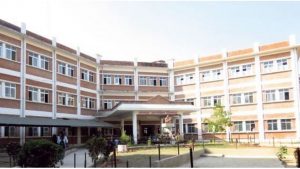
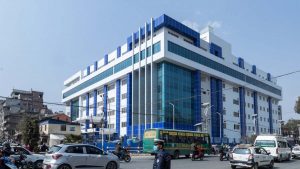
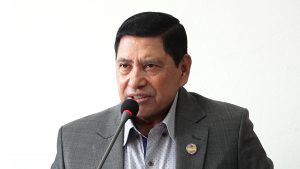
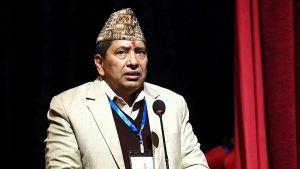



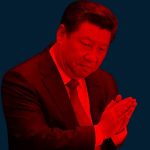
![Aishwarya Dazzles at Cannes Film Festival [Photos]](https://english.pardafas.com/wp-content/uploads/2024/05/3eded-150x150.jpg)

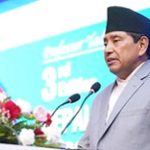
Comments